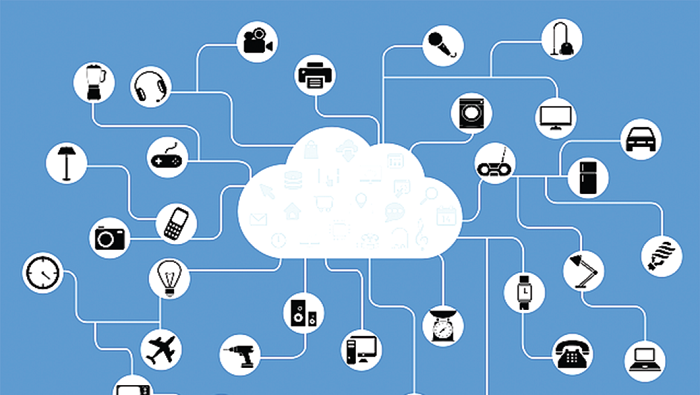
What is datafication?
Data is a key driver in our information society. We are in an era where billions of data are generated by people and machines every second; this gives room for huge opportunities, as well as challenges.
Advertisement
Datafication describes a new trend where many activities we undertake as individuals are systematically collected, converted into computerised data and thereafter transformed through analysis into information with high value.
Datafication connotes the situation where previously dark data which holds a lot of valuable but ‘invisible’ information is made visible (you see patterns and trend more easily) to advance in data science and analytics capabilities of new digital technologies. You can think of datafication as the use of new digital technologies to liberate knowledge associated with your day-to-day physical activities by analysing data associated with such activities.
Practically, it means data-intensive logics and methods are now affecting every aspect of human endeavour, ranging from private to public sector where qualitative aspects of our lives are now converted into quantified data for decision making, trend spotting and projections.
For example, shopping activities of individuals on social media can be mined to provide information on what items are popular within a particular segment of society in a specific geographic area over a period of time.
Some persons have fitness mobile apps on their phones or other devices which capture physical data such as number of steps they take in a day or how many hours of sleep they have in a night. This data is transformed into useful information on how many calories they burnt over a period of time or what sports gear might be suitable for them.
Implications
Datafication means each day, massive amounts of data are collected and processed about you once you are a user of social media and digital communication tools. Such information in practice ranges from our financial transactions, relationship communication and movements (using your own car when you turn on online maps to assist with your trip, to using services such as Uber) which can be used to profile and categorise individuals and groups. Datafication of our society is driven in part by Internet of Things (IOT), heavy usage of citizens’ data by organisations, governments and businesses, advancement in
Artificial Intelligence, smart homes, smart offices and smart cities - meaning it is now becoming part and parcel of our modern society.
The power of datafication is seen in its so-called promise of delivering high-value neutral information which will enable options for prediction. This can be used in theory to solve some societal problems such as new housing to ensure better resource utilisations by analysing city dwellers’ behavioural patterns through their social media posts. Traditional health research and interventions focus on curative mechanisms largely due in part to a lack of real-time data. Availability of real-time data will mean a better understanding of how diseases evolved over time as opposed to getting data when the patient’s situation is serious and only snapshot in time when patients visit hospitals.
With datafication, health practitioners can now focus on preventive medicine and wellness. Previously it was difficult, if not nearly impossible, to capture real-time data such as what food a person eats, where and when they consume their meals, how many hours they sleep and how many cups of coffee they consume. Now it is easy. The data can now be derived by tracking the use of their credit card or mobile money to purchase food at certain restaurants, pictures of food they share on social media before consuming it and any other content they share on social media about their sleeping habits.
In this direction, datafication can create new pathways for early detection of diseases as health professionals gain insights from this real-time data.
Challenges of datafication
Although datafication comes with a lot of potential and new opportunities, it is not without challenges such as regulatory, personal freedoms and security, ethics, trust, transparency and governance.
Regulation remains one of the biggest problems when it comes to datafication. The key questions are how do we effectively regulate datafication, who is going to be responsible for it, and even to the key issue such as will it be possible to regulate datafication?
In conclusion, datafication of our society is becoming normalised and entrenched; therefore, we need to take steps to understand it in order to promote its benefits while putting in place mechanisms to mitigate any of its risks.
The writer is the Executive Director of Penplusbytes.org - you can reach him at [email protected] WhatsApp : 0241995737




